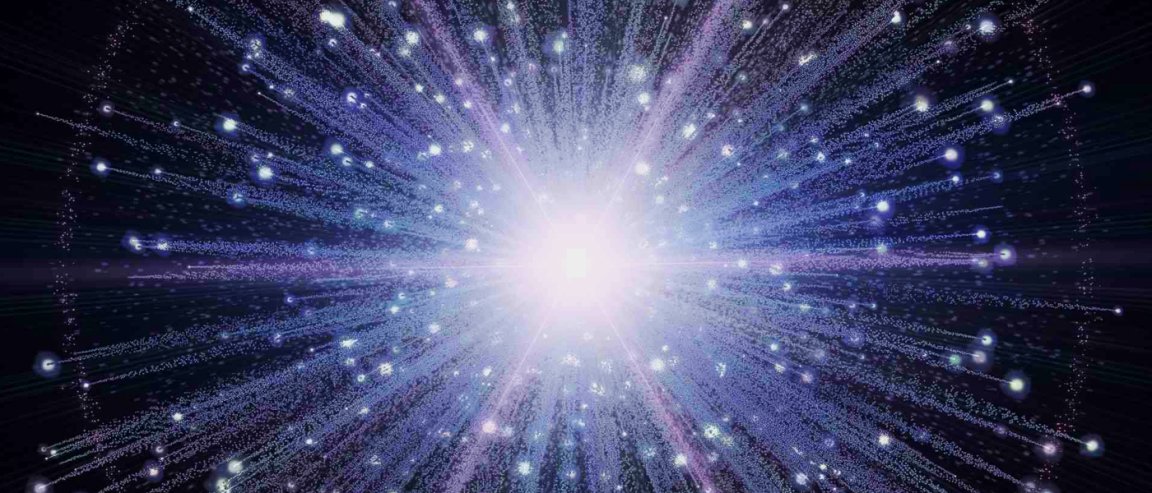
Looking to the Future
The Laser Interferometer Gravitational-wave Observatory or LIGO has been making breakthroughs in the search for the so-called “gravitational wave.” Back in September 2015, LIGO was able to detect the elusive waves for the first time.
But scientists held off on the champagne until LIGO was able to find a second set of waves, finally confirming their existence once and for all.
Now, the team behind LIGO is looking towards the future of their technology and the hunt for gravitational waves. They are already upgrading LIGO, setting it up to detect fainter waves.
Previous upgrades to LIGO include changes to its mirror suspension system, replacing steel wires with four wires made out of ultrapure fused silica glass worth half a million dollars each. This allowed LIGO to detect both the first and second set of waves,
Future upgrades are only going to make it better. “The laser power is only working to a third of its capability,” Ken Strain , a member of the LIGO upgrade team, told The Register. In three years time, the power will be cranked up to 200W, allowing LIGO to detect gravitational waves from greater distances.
Eventually, finding these waves will not be headline news but a regular occurrence. “By the end of the decade we’ll probably be able to detect at least one gravitational wave event per month,” Strain says.
When LIGO becomes LISA
LIGO is the first step toward building the Evolved Laser Interferometer Space Antenna (eLISA) spacecraft— a gravitational wave observatory in space. It is hoped that once eLISA launches in 2034 it will help them to learn how black holes form and how galaxies evolve.
Studying this might even allow scientists to get a better idea of how dark matter behaves and how the universe expands.
“If we can trace back the origins and distances of supermassive black holes, we might get more information on how the universe is expanding. It will be a new way to understand dark matter and dark energy,” Dr Francesco Shankar, of the University of Southampton in England, told The Register.